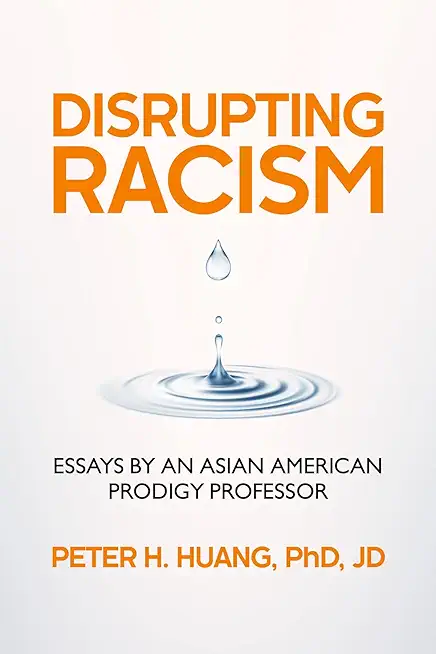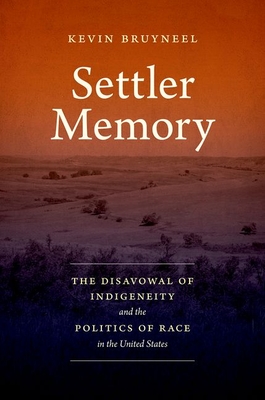
Can racism's devastating impact on individuals, communities, and societies be prevented? In Disrupting Racism, Dr. Peter Henry Huang offers a uniquely holistic approach to anti-racism efforts that draws from his personal experiences as an Asian American, and from his extensive scholarly work in mathematical economics, law, and education.
Writing with wit and intellectual richness, Dr. Huang describes how legal measures against racism can be complemented with mathematical economics, cognitive neuroscience, communication, psychology, and even humor. By sharing about his life as a child prodigy and later as a professor, he infuses his scholarly writing with a friendly, personal charm.
The book makes an important contribution to the often-misunderstood problem of racism against Asian Americans, which has dramatically increased in recent years. In addition, Dr. Huang addresses the root causes of all forms of racism. The evidence-based research presented in this book will be helpful for everyone who is eager to help our culture disrupt the plague of racism.
Praise for Disrupting Racism
"Disrupting Racism should be read by everyone. It is a masterpiece. Based on his personal experience, his background as a child prodigy, and his deep knowledge of law and social science, Peter Huang has given an accurate-and wholly empathetic-description of racial discrimination in America (and elsewhere). Remarkably, his characterization of racism leads to sensible and practical prescriptions for how to mitigate this terrible problem-possibly, even to eradicate it." - George Akerlof, 2001 Nobel Laureate in Economics
"This book throws new light on the damage that is being done by racial discrimination." - Edmund Phelps, 2006 Nobel Laureate in Economics and author of Dynamism
"Peter Huang is an incredibly engaging writer. Impeccably researched and delightfully presented, this book is one that every American will want to read. It is a true page-turner that beautifully combines economics, law, psychology, and the study of American racism." - Natalie Martin, professor of law at the University of New Mexico School of Law







